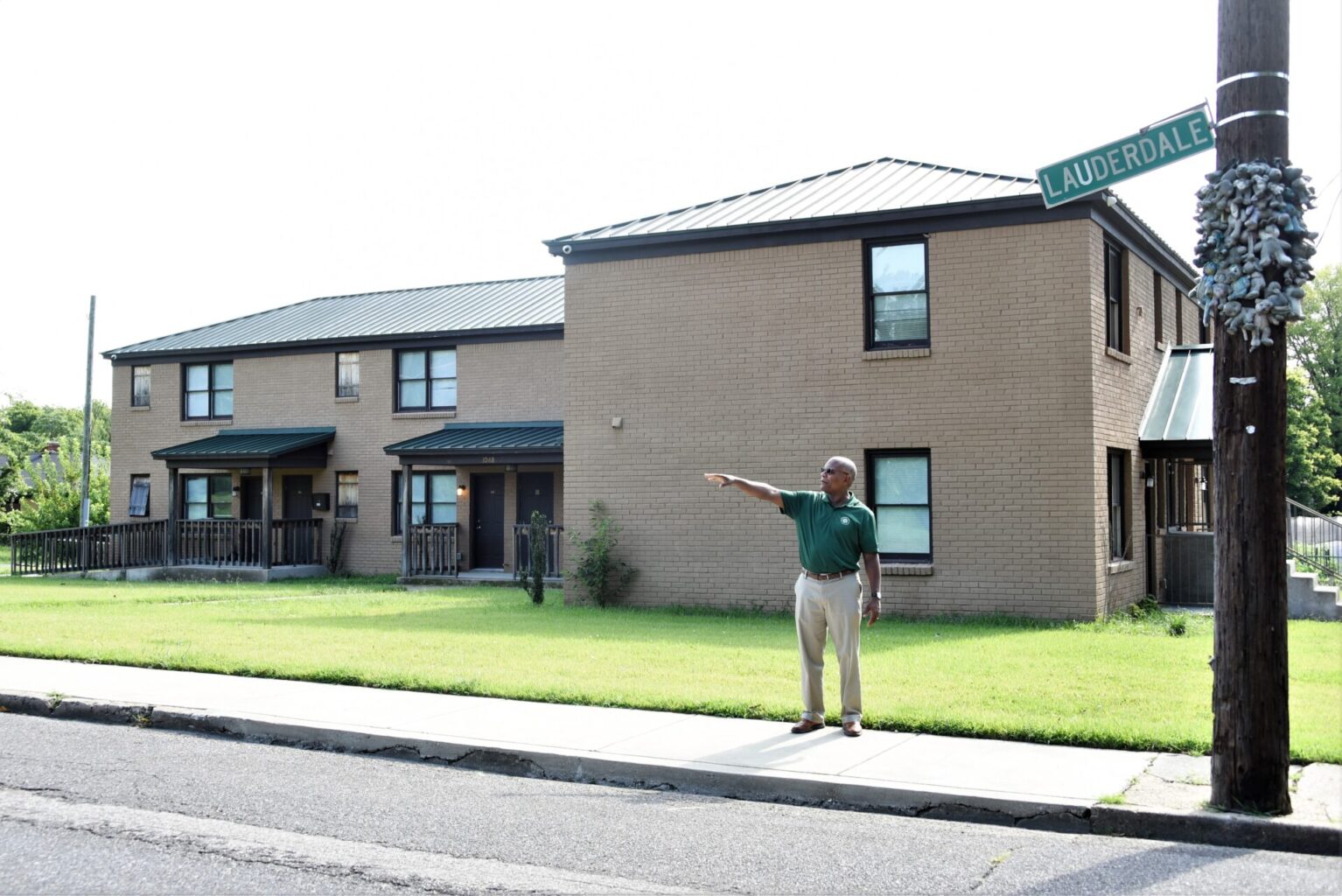As families gather around the table and receive bounty, we can’t forget about food insecurity in our community.
Knowledge Quest founder, Marlon Foster is doing all he can to combat food insecurity in South Memphis through the organization’s Green Leaf Learning Farm.
“I’ve never had any other job,” said Foster, who started the non-profit Knowledge Quest (KQ) in 1998 to serve the entire families from an education, wellness, and economic stability standpoint.
In recent years, with the departure of major grocery stores in high-poverty areas of Memphis (and in other major U.S. cities), we’ve heard the terms “food insecurity” and “food deserts.”
An area is categorized as a food desert if its community members have poor access (more than one half mile away) to healthy and fresh foods.
According to the Cecil B. Humphrey Law School at the University of Memphis, food deserts are usually concentrated in low-income and historically marginalized areas throughout the country with issues of longtime systemic racism, racial residential segregation, poor access to transportation and economic inequality woven into the history of these barren food landscapes.

Foster proudly said he and his wife, both from South Memphis, live, work and worship in this neighborhood.
As a business major at LeMoyne-Owen College, Foster remembered learning that his community ranked No. 1 in all wrong areas and began planning for all that he wanted to do in his neighborhood.
“We started small,” said Foster. “We did one thing and did that well. And then folks started asking us to do other things.”

The “small” start for Foster was youth development, with afterschool enrichment activities for youth, that now spans from early childhood to college, impacting more than 10,000 youngsters through the years.
“We founded Green Leaf Learning Farm in 2010, and what started as a three-acre micro-farm has grown into a certified USDA organic farm that focuses on student education, community economic development and food access and security,” said Foster.

As photographer Gary Whitlow, and I walked through the charming urban farm, Foster pointed out some of the crops, like asparagus, watermelons, greens, that had already been harvested or were nearing harvest.
He picked and shared with us, right off the vine, two of the juiciest, sweetest, freshest grape tomatoes we’d ever tasted.
Over our oohs and aahs, Foster said, “You can grow these! We host Urban Agriculture master classes every month.” (I’m still waiting for my green thumb to come in. In the meantime, I’ll continue to watch KQ’s Facebook page for upcoming classes.)

The Green Leaf Learning Farm at 590 Jennette Place, near Mississippi Boulevard Walker Avenue, is used to teach the community growing techniques and strategies, and to host alternative therapies, like yoga, tai chi, and aerobics.
The farm also is three miles from the nearest full-service grocery store, making its surrounding neighborhood a food desert.
“In 2010, we were among the top 10 most food-insecure cities,” said Foster. “Childhood hunger rates were climbing, but so was child obesity, meaning that what kids were eating was bad for them. So, we decided to grow the most nutrient dense crops.”
From kale to carrots, beets, leafy greens, salad mixes, spinach, five varieties of tomatoes, you name it, they’ve got it.
In addition to row crops, they plan to farm goats and chickens, and bees for honey.
“People from all over Tennessee, Mississippi and Arkansas are coming here (and virtually) to learn how to do what we do,” said Foster.
The farm is one of several programs Knowledge Quest offers to benefit the community. Citizens can purchase vegetables for discounted rates using SNAP/EBT, cash and credit cards.
They also are welcome to participate in other programs, like therapeutic groups, grief counseling, ag-tech education and so much more.
“We are here for the community – to source the under-sourced, to create opportunity where there is a lack of opportunity,” said Foster. “We look at vacant lots and call those green assets. We hire our neighbors.”
Community partners, like Memphis Grizzlies, International Paper, Valero Energy, the Kresge Foundation, and the City of Memphis make it all possible.
“Our greatest assets are those authentic relationships of trust that have been built over these last 25 years,” said Foster. “That’s what you can’t fabricate. When our community comes and pulls that carrot from the ground, it’s a magical moment.”
It’s harvest time, Memphis.
We give thanks for Marlon Foster, Knowledge Quest and others working to remediate food deserts and insecurity, like MIFA, South Point Grocery, Mama’s Sundry and local Farmer’s Markets, like Cooper Young, Memphis Farmers Market and South Memphis Farmer’s Market.




